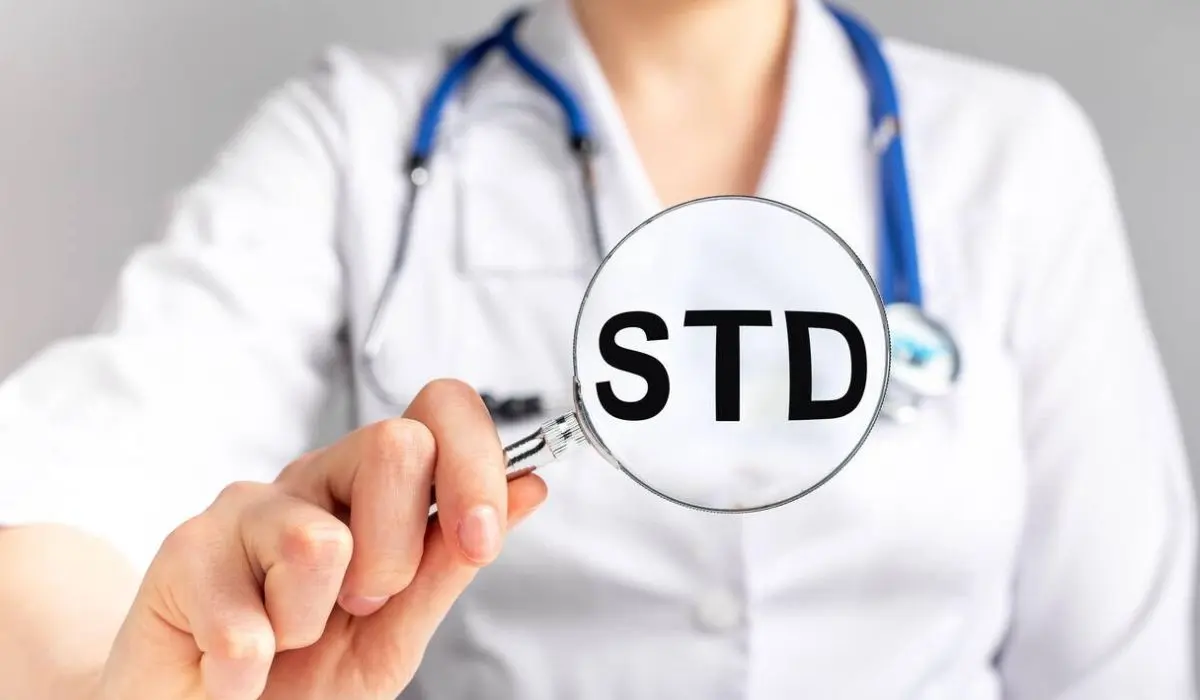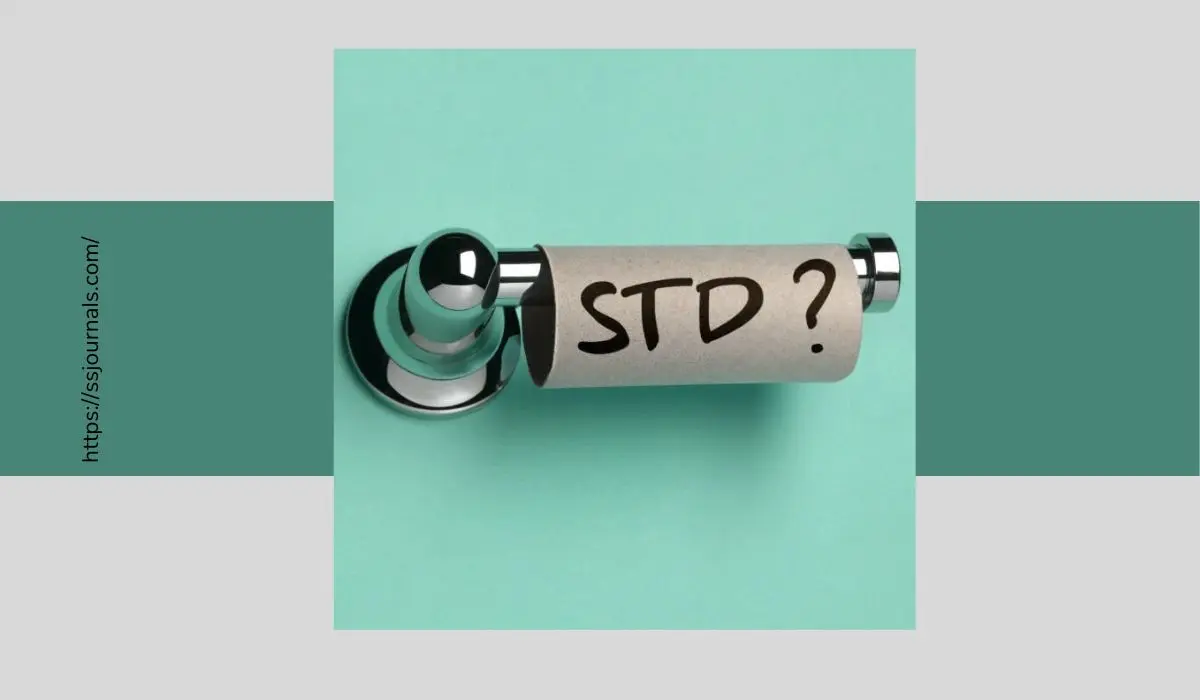While sexual intercourse is the most common way to get a sexually transmitted disease (STD), it is possible to get an STD without having sex. STDs can be spread through other forms of intimate physical contact. Viruses like herpes and HPV can be easily transmitted through skin-to-skin touching and oral sex. Sharing things like towels, razors, or needles with an infected person can also spread illnesses like HIV or hepatitis.
Read on to learn more about how STDs are transmitted and how you can get one without traditional sexual intercourse.
Non-Intercourse Ways To Get An STD
Understanding how you can contract an STD without intercourse is important for everyone’s health and safety.

Certain STDs like herpes and genital warts are rapidly spreading among people who aren’t having penetrative sex, but engaging in other intimate acts. Getting tested regularly and always practicing safe sex are keys to avoiding infection.
◾️ Oral Sex
STDs like gonorrhea, chlamydia, and syphilis spread through infected fluids and can be transmitted during oral sex.
◾️ Skin-to-Skin/Genital Touching
Diseases like herpes and HPV spread via infected skin cells and are easily transmitted by genital-to-genital rubbing or touching.
◾️ Sex Toys
Sharing contaminated sex toys can spread infections like chlamydia and trichomoniasis. Proper sterilization is required between uses.
◾️ Needle Sharing
Diseases like HIV and hepatitis can spread via contaminated blood by sharing used needles for tattoos, piercings, or injection drug use.
◾️ Mother to Child
STDs like syphilis, HIV, and hepatitis B can pass from an infected mother to baby during pregnancy or birth.
◾️ Blood Transfusions
HIV and hepatitis can spread through transfusions of infected blood or blood products if not properly screened. Rare in modern medical settings.
Protecting yourself from an STD comes down to avoiding intimate contact with infected areas, sterilizing sharable items, and getting screened if engaging in risky behaviors. Talk to partners, avoid contact with questionable surfaces, and always use protection to minimize transmission risk.
Conclusion
While sexual intercourse remains the primary mode of STD transmission, non-intercourse forms of intimate contact still put you at risk for diseases. Oral sex, skin touching, sharing needles or sex toys, childbirth, and other behaviors can spread infections without penetration occurring. Using protection, getting tested regularly, and communicating with partners remains key.
With open conversations and adequate precautions, it is possible to engage in some intimate acts while still keeping yourself STD-free. Understand transmission routes, recognize symptoms, get regular screenings, and implement barriers against fluid and skin exchange during sexual activity. If you are ever concerned about potential infection, seek medical advice promptly for proper diagnostic testing and treatment.
FAQs
Yes, diseases like herpes and syphilis spread through infected saliva can be passed through kissing. Limit kissing interactions if you suspect a partner has oral herpes or other ST
Oral sex can transmit STDs including gonorrhea, chlamydia, syphilis, herpes, and HPV. Use dental dams or condoms to provide a protective barrier during oral stimulation.
Sitting on a toilet seat is extremely unlikely to transmit an STD. Diseases like chlamydia, gonorrhea, and trich require infected fluids to spread. However, HPV could theoretically be transmitted through surface skin contact.
Normal sharing of drinks is unlikely to spread STDs, as most require direct sexual contact or infected fluids. Exceptions could include sharing drinks right after an infected person, allowing transmission of oral herpes.
Again, it is highly unlikely as most STDs require direct sexual contact or infected secretions to spread. However, HPV might theoretically transmit in hot tubs or pools via surface skin contact in rare cases.

